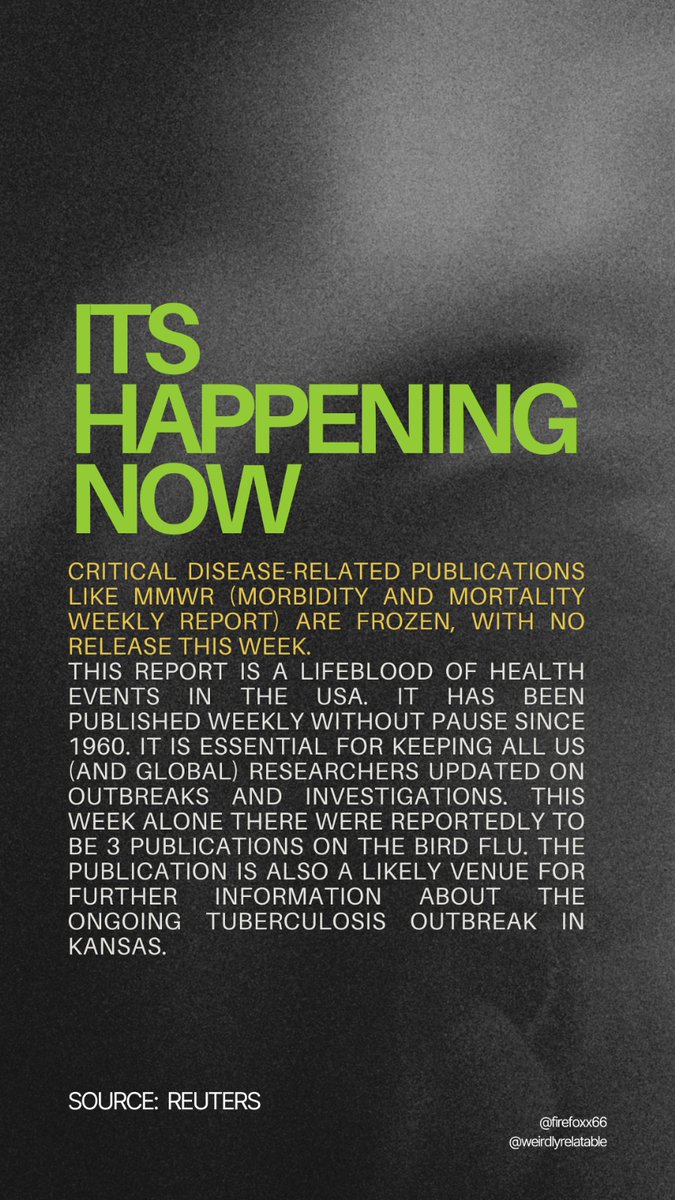🗓️CoVariants.org is updated🗓️, with some cool new additions:
- B.1.617.1/2 are added as 20A/S:154K & 20A/S:478K 🎉
- Beautiful new name table 📑🍾
- Mutation list displayed in full as a "side-sausage"🌭
Let's take a tour... 😁
1/7
- B.1.617.1/2 are added as 20A/S:154K & 20A/S:478K 🎉
- Beautiful new name table 📑🍾
- Mutation list displayed in full as a "side-sausage"🌭
Let's take a tour... 😁
1/7
I know this took a little time (thank you for your patience! 🙏🏻), but B.1.617 is now in CoVariants as the two sublineages 617.1 & 617.2, called respectively:
- 20A/S:154K (has 484Q)
- 20A/S:478K (no 484Q, has 478K)
2/7
- 20A/S:154K (has 484Q)
- 20A/S:478K (no 484Q, has 478K)
2/7

We can see the two lineages best in the India graph of the 'Per Country' page - with S:154K in brighter green, & S:478K in darker green. (Note sequencing may not be representative)
They also show up in low numbers in some other countries.
3/7
CoVariants.org/per-country

They also show up in low numbers in some other countries.
3/7
CoVariants.org/per-country


And of course, both lineages are added to the 'Shared Mutations' table:
CoVariants.org/shared-mutatio…
4/7
CoVariants.org/shared-mutatio…
4/7

Of course, S:154K & S:478K are also added to the front-page 'name table' (CoVariants.org) - which is now easier to read & dynamically resizes to fit your screen better! 📱💻
5/7
5/7

Finally, previously mutations were shown at the top of each variant page, taking up a lot of space. This meant I didn't always display every mutation (which a few of you caught!)
Now, mutations are shown down the side, ensuring a complete list while saving space!
6/7
Now, mutations are shown down the side, ensuring a complete list while saving space!
6/7

Thanks again to everyone who messaged about adding the new variants (& everyone's patience while I got them in - it's been a busy week!).
And as always, a huge thanks to @ivan_aksamentov - this time in particular, for the new name table 👑 & fancy side-sausage 🌭! 👏🏻
7/7
And as always, a huge thanks to @ivan_aksamentov - this time in particular, for the new name table 👑 & fancy side-sausage 🌭! 👏🏻
7/7
PS - Contributions of more studies & links about B.1.617 for the 20A/S:154K & 20A/S:478K pages are welcome!
I wasn't able to take as much time to look everything up as I would normally, so suggestions of anything I missed are super-appreciated! 🙏🏻
I wasn't able to take as much time to look everything up as I would normally, so suggestions of anything I missed are super-appreciated! 🙏🏻
• • •
Missing some Tweet in this thread? You can try to
force a refresh











